Movies like Dark City that bend reality
Explore films that, like Dark City, delve into constructed worlds and question the nature of reality. These cinematic journeys will keep you guessing about what is real.

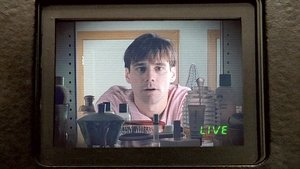
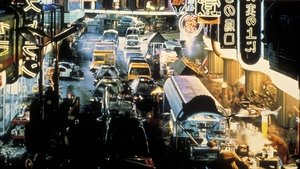
Alex Proyas' 1998 film Dark City remains a cult classic, a visually stunning sci-fi noir that poses deep philosophical questions about identity, memory, and the nature of our perceived reality. It arrived at a fascinating time in cinema, preceding the cultural phenomenon of The Matrix by just a year and sharing themes of manufactured worlds with The Truman Show, which also premiered in 1998.
These films tap into a fundamental human anxiety: Is what we see and experience truly real, or is it a carefully constructed illusion? The best movies in this vein don't just present a twist; they build intricate narratives and often breathtaking visual landscapes that reflect the disorientation of their characters. From dystopian futures where memories can be altered to psychological thrillers where the protagonist can't trust their own mind, this niche explores the fragility of perception and the power of external forces to shape our lives.
Delving into films like these offers not just thrilling plots but also prompts introspection. They challenge us to consider how much of our identity is tied to our memories and environment, and what it would mean to discover that everything you know is a lie. Prepare for a journey through simulated worlds, altered pasts, and minds pushed to their limits.
14. The Matrix Revolutions (2003)
Concluding the original Matrix trilogy, this film brings the war between humans and machines to an epic climax. Focusing more on the large-scale conflict outside the simulation, it provides closure to Neo's arc and the fate of Zion. The film features massive battle sequences, showcasing the technological might of the machines and the resilience of humanity. While shifting focus slightly from the simulation concept, it provides the resolution to the reality-bending saga that began in the first film.

13. The Matrix Reloaded (2003)
The first sequel to the groundbreaking film continues Neo's journey as he grapples with his powers and the true nature of the Matrix. While expanding the world and introducing new characters and ambitious action sequences, it delves further into the philosophical underpinnings of the simulation. The film features some truly complex action set pieces, including the freeway chase, pushing the boundaries of what was possible with visual effects at the time. It's essential viewing for fans wanting to see the continuation of the story.

12. The City of Lost Children (1995)
From the visionary directors Jean-Pierre Jeunet and Marc Caro (makers of Delicatessen), this French fantasy film is a visual feast, creating a unique, slightly unsettling steampunk world. While its plot about a scientist who steals children's dreams differs from Dark City's narrative, it shares a distinctly artificial, expressionistic production design and a dreamlike, often surreal atmosphere. Its exploration of identity and the loss of innocence resonates on a thematic level, presented through stunning, gothic visuals.
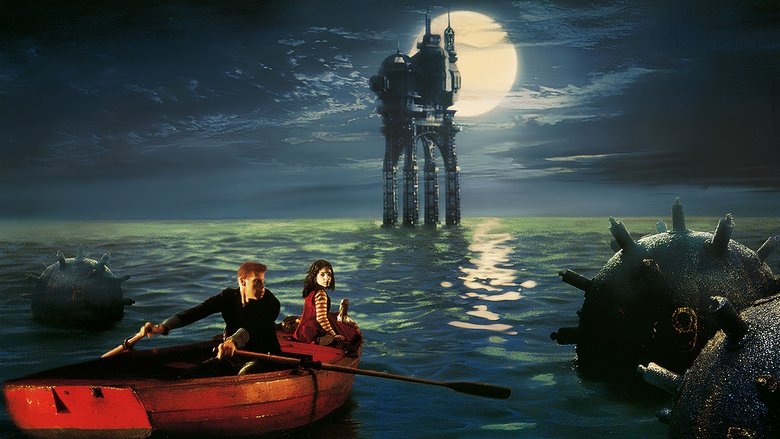
11. The Machinist (2004)
Christian Bale underwent a shocking physical transformation for his role as a factory worker suffering from extreme insomnia and paranoia, leading him to question his sanity and the reality around him. While not supernatural or externally manipulated like in Dark City, the film masterfully portrays the psychological distortion of reality from within. Its bleak, oppressive atmosphere and unreliable narrator create a sense of creeping dread, making the audience question everything they see alongside the protagonist.

10. The Butterfly Effect (2004)
This sci-fi thriller delves into the chaotic nature of time travel and how small changes in the past can drastically alter the present and future. Ashton Kutcher plays a young man who discovers he can travel back to specific moments in his past, but his attempts to fix things lead to increasingly disastrous alternate realities. The film explores the heavy consequences of altering reality, forcing the protagonist to confront the ethical dilemmas of playing with fate. It's a darker take on the 'what if' scenario.
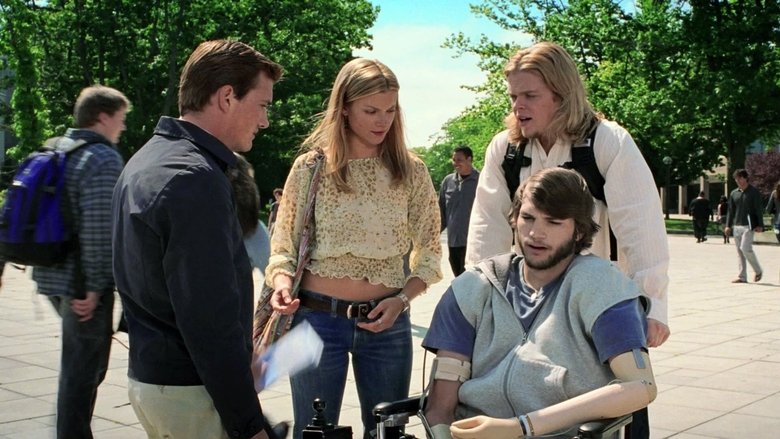
9. Eternal Sunshine of the Spotless Mind (2004)
While more of a romantic drama with sci-fi elements, this film shares Dark City's fascination with memory and identity manipulation. Directed by Michel Gondry and written by Charlie Kaufman, it explores a technology that allows people to erase specific memories. The film's visual style is incredibly inventive, using practical effects and in-camera tricks to depict the crumbling landscape of memory. It's a poignant and complex look at relationships, regret, and how our memories, real or altered, shape who we are.

8. The Adjustment Bureau (2011)
Based on a short story by Philip K. Dick, this film explores the idea that our lives are not guided by free will, but by mysterious, unseen forces who 'adjust' events to follow a predetermined plan. Matt Damon plays a politician who accidentally glimpses this hidden reality and must fight against the system to be with the woman he loves. The concept of reality being secretly manipulated by external agents echoes the themes found in Dark City, albeit with a more romantic and action-oriented approach. It's a thought-provoking blend of sci-fi, thriller, and romance.

7. Vanilla Sky (2001)
Cameron Crowe's psychological thriller is a mind-bending journey through subjective reality, memory, and identity, much like Dark City. A remake of the Spanish film Abre los Ojos, it stars Tom Cruise as a wealthy playboy whose life descends into confusion after a disfiguring accident, blurring the lines between dreams, reality, and technological simulation. The film features an eclectic and acclaimed soundtrack and a narrative structure that keeps the audience guessing until the very end about what is truly happening. It's a film that delves into the terrifying possibility of being trapped within one's own consciousness.

6. Inception (2010)
Christopher Nolan's ambitious heist film takes the concept of manipulating reality to a psychological level, setting its action within the intricate architecture of dreams. The film follows a team of specialists who can enter people's subconscious to steal or plant ideas. Known for its complex narrative structure and stunning practical effects, including the famous rotating hallway sequence, Inception challenges the audience's perception of what is real versus what is constructed within the mind. It shares Dark City's fascination with altering perceived reality and the profound impact it has on identity.
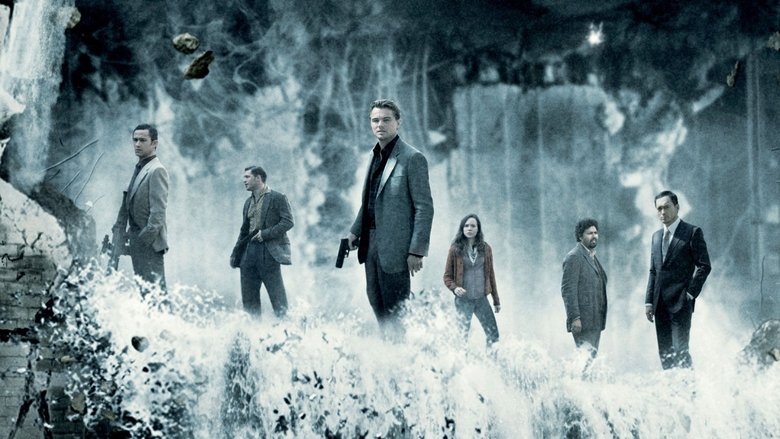
5. Blade Runner (1982)
Ridley Scott's seminal neo-noir sci-fi film is a benchmark for atmospheric world-building and thematic depth. Set in a rain-soaked, dystopian Los Angeles, it follows a detective hunting bioengineered androids ('replicants') who are indistinguishable from humans. The film's production design, influenced by Fritz Lang's Metropolis, created a look that has been imitated countless times but rarely matched. At its heart, it's a profound meditation on identity, humanity, and what it truly means to be alive, echoing the existential questions posed by Dark City.

4. The Truman Show (1998)
While not strictly sci-fi in the same vein as Dark City, this film offers a powerful exploration of a meticulously constructed, false reality controlled by external forces. Jim Carrey delivers a performance that is both hilarious and deeply moving as Truman Burbank, a man whose entire life is a reality television show. Director Peter Weir masterfully blends satire, drama, and existential dread, highlighting the surveillance society and the ethics of manipulation. It prompts viewers to question the authenticity of their own surroundings and the hidden forces that might shape their lives.

3. The Thirteenth Floor (1999)
Released the same year as The Matrix and Dark City, this often-overlooked gem delves into strikingly similar territory: the nature of simulated reality and the terrifying possibility that our own world might not be what it seems. Based on Daniel F. Galouye's novel 'Simulacron-3', the film follows a computer scientist who discovers a simulated 1937 Los Angeles populated by sentient beings unaware of their true nature. It's a cleverly plotted sci-fi thriller that builds suspense effectively, asking deep questions about consciousness, identity, and the layers of existence. If you enjoyed the philosophical puzzles of its contemporaries, this is a must-watch.
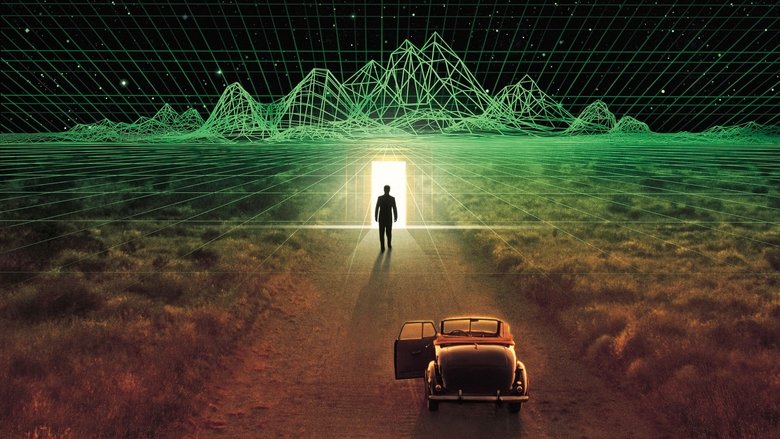
2. The Matrix (1999)
A cultural earthquake that redefined sci-fi action for a generation! The Wachowskis' groundbreaking film introduced bullet time and complex philosophical ideas about reality, control, and simulation theory to the mainstream. Keanu Reeves's iconic transformation from a mundane programmer into the destined 'One' is fueled by stunning martial arts choreography (thanks to legendary fight choreographer Yuen Woo-ping) and mind-bending visual effects that still hold up remarkably well. It poses fundamental questions about the nature of our existence and whether what we perceive is truly real, making it a perfect companion piece to exploring similar themes in other films.

1. Dark City (1998)
Alex Proyas's neo-noir sci-fi masterpiece arrived the year before The Matrix and shares some striking thematic and visual similarities, prompting debates about influence. Shot almost entirely on sound stages, the film creates a deliberately artificial, oppressive urban landscape where the sun never shines. Its production design is a stunning blend of 1940s noir and futuristic dread, drawing inspiration from German Expressionism and classic sci-fi comics. The concept of mysterious beings altering reality and memories while humanity sleeps is explored with chilling precision, leading to a profound questioning of identity and free will. It's a film that rewards repeat viewings, revealing more layers of its intricate mystery each time.

